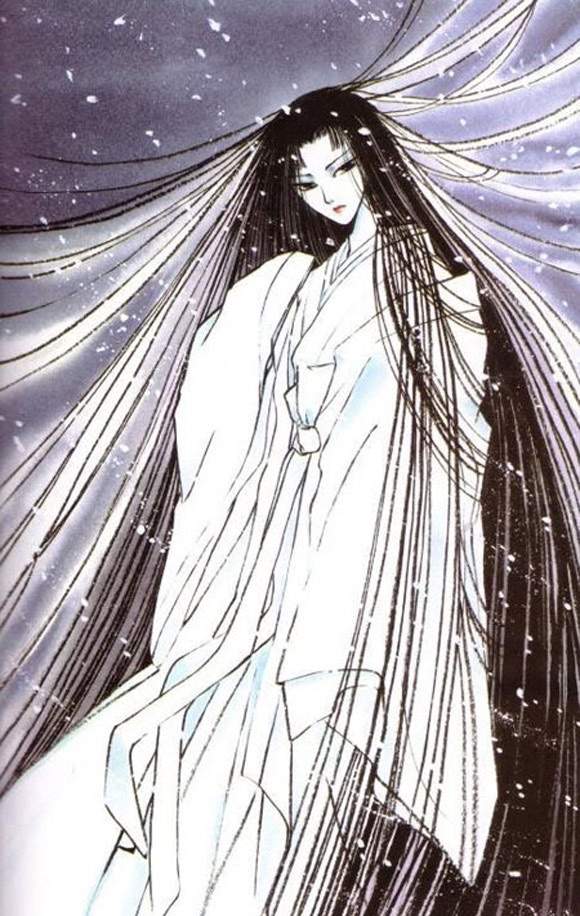WEEK 3: Kwaidan & The Culture of J-Horror

For this week I read “Kwaidan: Stories and Studies of Strange Things” by Lafcadio Hearn, and I can honestly say that these short tales were right up my alley. I have always been interested in the Asian horror genre, but too scared to really dive into the deep end. The last time I tried watching/ reading Asian horror was probably in high school, and I can’t even remember what it was. Now after reading Kwaidan, I have a better understanding and appreciation towards the genre.
The style and flow of each story is quite different from American horror. They almost do not feel like horror at all, though they possess the supernatural horror tropes like curses, foreshadowing, ghosts, the supernatural, etc. Stories like O-Tei were more sweet and rewarding, which is an unexpected feeling to get from horror. For a short time I thought that the husband was going to be cursed for marrying another woman, but instead they lived happily together and showed that true love wins in the end. I believe that this reflects the Japanese culture greatly in a gentler, ambiguous light. The reason why I say this is because you can’t distinguish clear character archetypes like in American horror. In the stories of Kwaidan, the more supernatural characters are never meant to be seen as villainous because you typically get more substance/ backstory to who they are before they passed and they have no evil intent. In American horror, these supernatural creatures tend to just show up without explanation and it seems like their only purpose is to spook the unaware main cast. With Japanese ghost stories, I get the feeling that they want to bring respect and dignity to the otherworld.
Even in class when watching the movie version of Kwaidan and Kairo, I felt no clear distinction between the good and the bad. Like for Yuki Onna’s character, she was a terrifying ghost but had a soft character when she showed love and affection for her children and husband. It made me feel like she had more personality and story to her, rather than slapping the classic “vengeful ghost for no reason” trope. These stories have shifted my perception on the supernatural, and now make me wonder if they really are as fearful as the American society depicts them. It also appears that in Kwaidan, the themes of love, family, and death are brought into play often. This makes total sense to me because I see these themes as highly valued in modern day Japan. Perhaps they wanted to implement what they thought was important in theses tales to teach others.
- ☽Stacy Moon☾
Comments
Post a Comment